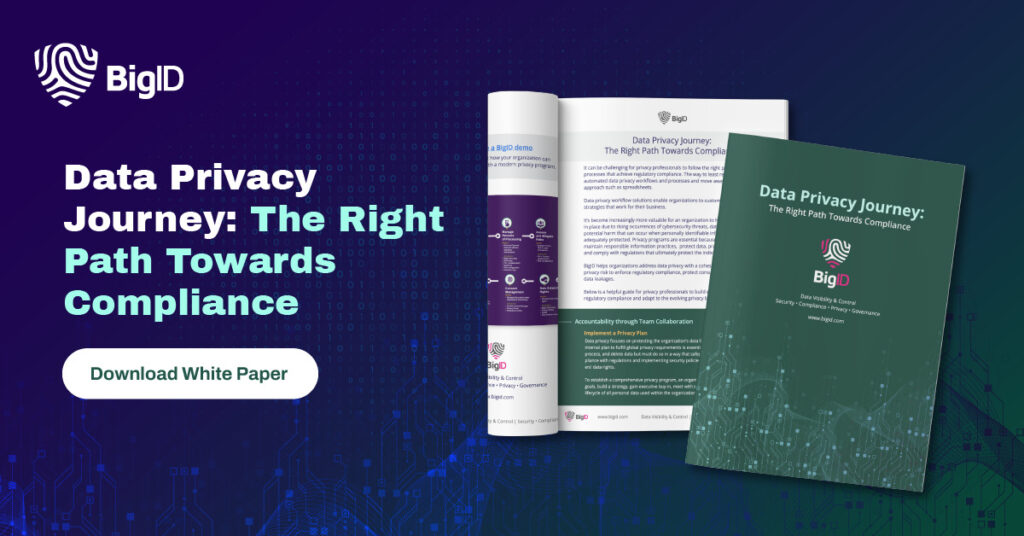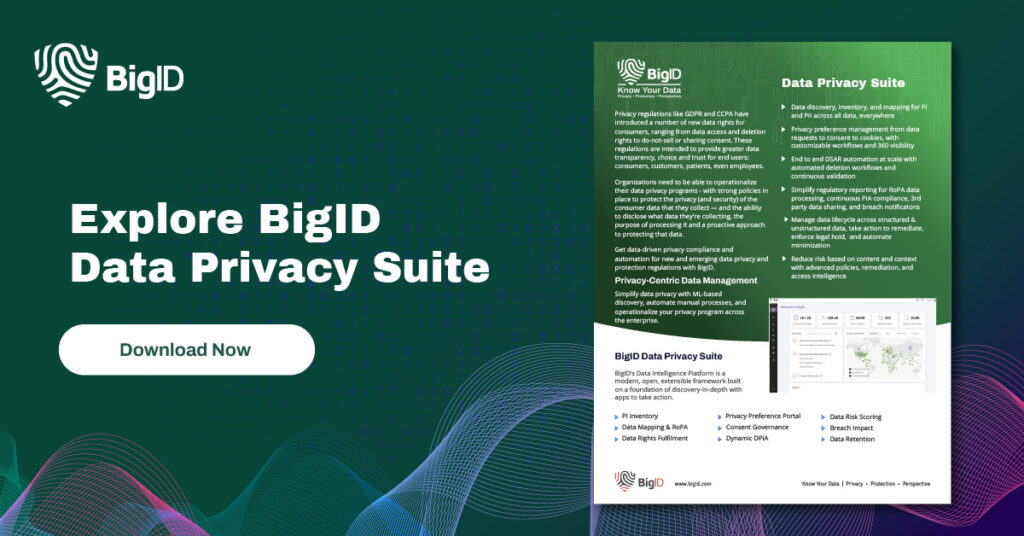According to the Office of the Australian Information Commissioner (OAIC), there were 539 data breaches reported in the first half of 2021 alone, which represents a 16% increase compared to the same period in the previous year.
This statistic highlights the growing importance of complying with the Australia Privacy Act. Data breaches can have significant consequences for individuals, such as identity theft, financial fraud, and reputational damage. They can also result in legal and financial penalties for organizations that fail to protect personal information.
What is the Australia Privacy Act?
The Australia Privacy Act is a federal law that regulates the handling of personal information by Australian government agencies and businesses. The Act was first introduced in 1988 and has since been updated several times, with the most recent amendments being made in 2020. The law aims to protect individuals’ privacy by setting out rules for the collection, use, disclosure, and storage of personal information.
The Privacy Act applies to Australian government agencies, private sector organizations with an annual turnover of more than $3 million, and some smaller organizations that handle sensitive information. The Office of the Australian Information Commissioner (OAIC) is responsible for enforcing the Privacy Act.
The stakeholders of the Privacy Act include individuals, businesses, and government agencies. Individuals have a right to know what personal information is being collected about them, how it will be used, and who it will be disclosed to. They also have a right to access and correct their personal information. Businesses and government agencies have obligations to protect personal information and to comply with the Privacy Act’s requirements. The OAIC is responsible for enforcing the Privacy Act and handling complaints from individuals about breaches of their privacy.
The price of violation
If an organization violates the Australia Privacy Act, it may face penalties and enforcement actions from the Office of the Australian Information Commissioner (OAIC). The penalties can be severe and can include fines of up to $10 million AUD for serious or repeated breaches, or 2% of the organization’s annual turnover (whichever is greater).
In addition to fines, the OAIC can also take other enforcement actions, such as requiring an organization to take specific actions to address a breach, imposing restrictions on how the organization can handle personal information, or issuing public statements about the breach.
Individuals affected by a privacy breach can also take legal action against the organization for damages or compensation, which can result in additional costs and reputational damage for the organization.
It is therefore crucial for organizations to comply with the Australia Privacy Act and implement robust data protection practices to avoid privacy breaches and the resulting penalties and enforcement actions.
Managing data cross-borders
The Australia Privacy Act regulates the handling of personal information by Australian businesses and government agencies. When personal data is transferred cross-border, it is important to ensure that the privacy rights of individuals are protected, regardless of where the data is processed or stored.
To manage data cross-borders with the Australia Privacy Act, organizations must comply with the Australian Privacy Principles (APPs). These principles set out the standards for handling personal information, including the collection, use, disclosure, and storage of data.
If an organization wants to disclose personal information to an overseas recipient, it must take reasonable steps to ensure that the recipient will comply with the APPs or a similar privacy law. This may involve entering into a contract or other arrangement with the recipient that provides adequate protection for the personal information.
In addition, the Office of the Australian Information Commissioner (OAIC) can assist with managing cross-border data transfers. The OAIC has the power to investigate complaints about privacy breaches and can work with overseas privacy regulators to resolve any issues that arise.

How to prepare for Australian privacy compliance
- Identify personal information: The first step is to identify what personal information the organization collects, uses, and discloses. This includes information about customers, employees, and any other individuals the organization interacts with.
- Review current practices: Conduct a review of the organization’s current privacy practices and policies to determine if they comply with the Australia Privacy Act. This includes assessing how personal information is collected, used, and disclosed, and how it is stored and secured.
- Develop a privacy policy: Develop a privacy policy that outlines how the organization collects, uses, and discloses personal information, and how it protects the privacy of individuals. The policy should be clear, concise, and easily accessible to individuals.
- Implement privacy controls: Implement appropriate privacy controls, such as access controls, encryption, and data backup and recovery procedures, to protect personal information from unauthorized access or disclosure.
- Train employees: Train employees on the organization’s privacy policy and practices, and on their responsibilities for protecting personal information. This includes providing training on how to identify and report privacy breaches.
- Establish a privacy breach response plan: Develop a privacy breach response plan that outlines the steps to be taken in the event of a privacy breach. This includes identifying who will be responsible for managing the breach, and the steps that will be taken to notify affected individuals and the OAIC.
Achieve Compliance with BigID
BigID enables organizations to achieve compliance with the Australia Privacy Act by providing a comprehensive data-centric platform for privacy, security, and governance. With BigID, organizations can scan and discover personal information across their data ecosystem and automatically classify it according to the requirements of the Privacy Act.
BigID’s Privacy Portal App gives organizations the power to proactively track and manage privacy requests, consent preferences, and remediation—all under one platform. Get more visibility and value from the data you’re storing and easily comply with the Australia Privacy Act’s requirements for data access, correction, and deletion. Confidently manage data privacy risks, implement data protection policies, and manage data subject requests— all while maintaining compliance with the Australia Privacy Act.
To start automating your privacy compliance for the Australia Privacy Act and other regulations—get a 1:1 demo with BigID today.


